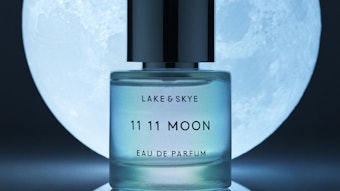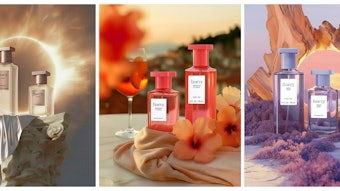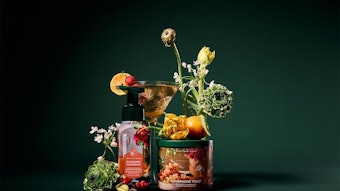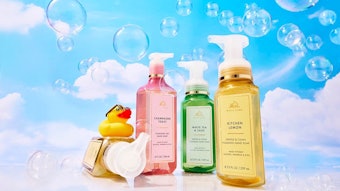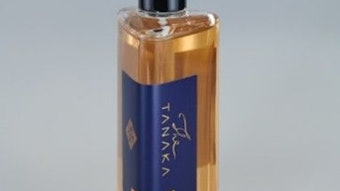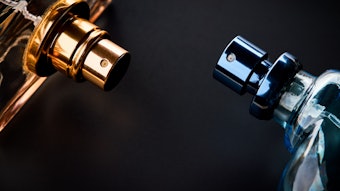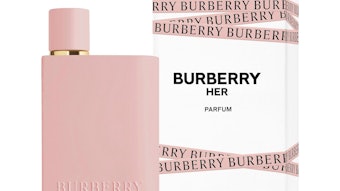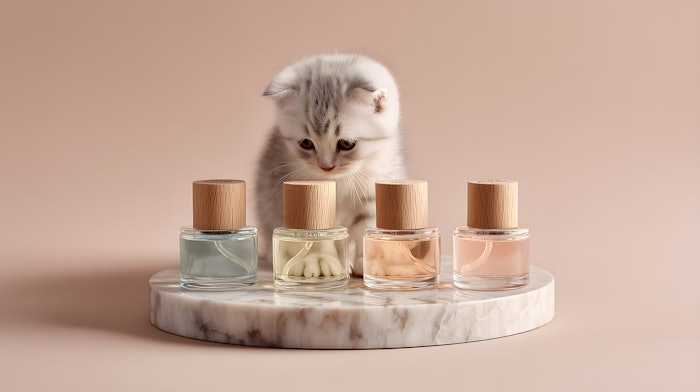
The global pet perfume market is expected to grow from $1.4 billion to $2.7 billion from 2025 to 2034 at a CAGR of 6.7%, according to a new report from Allied Market Research.
Pet perfume is defined in the market report as a grooming product formulated to neutralize unpleasant odors and leave a mild, pleasant fragrance on pets. They are commonly used by pet owners, groomers and veterinary professionals as part of routine grooming practices.
“The pet perfume market is anticipated to increase due to rise in pet-humanization trends, demand for premium grooming products and the growing popularity of personalized pet care,” the report states. “Expanding urban pet ownership and increased consumer spending on pet hygiene further contribute to consistent sales across specialty stores, online platforms and grooming service providers.”
According to the report, most pet perfumes are formulated using water-based or alcohol free solutions and include skin-friendly ingredients, such as aloe vera, chamomile or oatmeal extract. Additionally, pet perfumes may have additional functional benefits, such as calming effects or flea-repelling properties.
North America currently dominates the pet perfume market and is expected to maintain the largest share during the forecast period. This is largely due to higher pet ownership rates and well-established pet grooming practices. Europe is expected to show continued growth, with countries like Germany, France and the United Kingdom embracing clean-label grooming formulations.
Specialty pet stores are the most common distribution channel, with online sales channels and veterinary clinics expected to grow over the forecast period.
The report also notes the increased demand for natural and organic products, which can extend to the pet perfume market. Manufacturers can capitalize on this consumer trend as spending increases in North America and Europe for premium pet products.
“The rise in demand for natural and organic pet products has reshaped formulation strategies in the global pet perfume market,” the report states. “Consumers increasingly seek grooming solutions that exclude synthetic fragrances, alcohol, parabens and sulfate. Manufacturers are responding by using organic floral waters, plant-based essential oils and non-toxic emulsifiers.”


